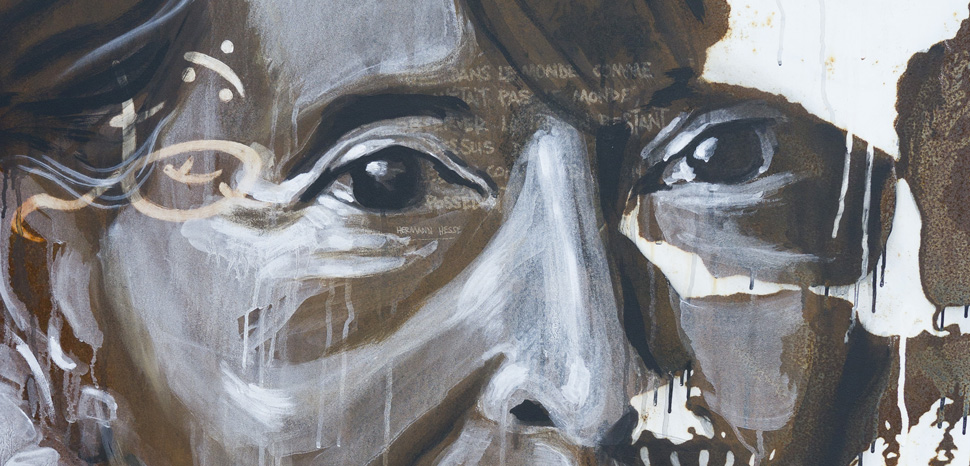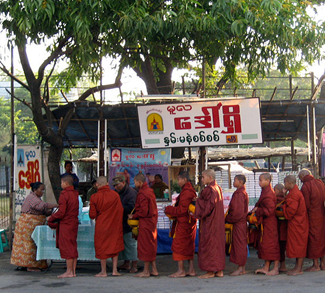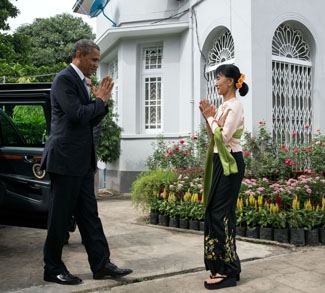Aung San Suu Kyi, leader of the National League for Democracy (NLD) and state chancellor, was gearing up for the recommencement of parliament in a session designed to confirm her and her newly elected government on February 1. Instead, that morning, Myanmar’s military arrested the state chancellor and other leading members of the NLD at their residencies in the country’s capital, Naypyidaw, seizing back control of a country that had taken its first steps toward reducing an ever-present military influence. As well as the removal of 24 senior elected government officials, the army declared a state of emergency which would last for at least one year, promising to hold fresh elections at the end of the year.
The coup seems to have been catalysed by the NLD’s election triumph over the army-backed political party, the Union Solidarity and Development Party (USDP). Ms Suu Kyi, the former Nobel Peace Prize laurate, won 83% of seats, taking over 12 times more seats than the USDP. However, ahead of the election, which was widely considered a referendum on Ms Suu Kyi’s government, the military commander-in-chief, Min Aung Hlaing, began to voice concerns of ‘unacceptable mistakes’ being made in the lead-up to the polls. These concerns culminated in a complete rejection of the final result, and allegations on January 15 of 90,000 cases of election fraud, including irregularities surrounding voter lists and IDs. Tensions continued to rise in the final week of January, when the spokesperson for the armed forces, Brigadier General Zaw Min Tun, held a news conference suggesting the military would ‘take action’ if the constitution was not adhered to, and that he was unable to rule out a coup.
Despite the Carter Centre, an independent election observer, publishing a statement asserting that ‘voters were able to freely express and choose their elected representatives,’ the army is said to have requested recounts and a postponement of parliament. Upon the denial of both requests, Min Aung Hlaing and the Tatmadaw, Myanmar’s army, seized power.
Even after early warnings in late January, many still believed that navigating the global pandemic and ensuring economic growth were priorities for both the NLD and military. Among them was Ms Suu Kyi, who was always careful to speak cautiously about her relationship with the Tatmadaw. She appeared alongside Min Aung Hlaing at public events after being elected in 2016. Despite Ms Suu Kyi’s enduring domestic popularity, her international alienation was tarnished by her decision to defend the actions of the army in the International Court of Justice in 2019. Her personal defence of the genocide committed in 2016-2017 by the Tatmadaw against an ethnic minority Muslim group in the north, the Rohingyas, marked a turning point for her international reputation.
The Tatmadaw’s enduring influence within the Burmese political system also suggested that no coup would occur. When the army relinquished absolute power in 2011, ending 50 years of military rule in Myanmar, the constitution they constructed still heavily protected their influence. The commander-in-chief retains complete control over the police, intelligence services, and border control through parliamentary appointments, and retains a quarter of parliamentary seats, granting the army veto power over any amendment that might seek to lessen its authority.
It thus seems likely that an ageing general, due to retire last year, wanted to ensure he did not oversee an era defined by the erosion of the military’s political significance. Instead, Myanmar has been returned to the Tatmadaw rule it had become previously accustomed to.
Ms Suu Kyi, still adored in Myanmar, has called for civilians to resist the coup while she is detained under house arrest for ‘violating import-export laws’ and the usage of unregistered walkie-talkies. Resistance to the coup has so far been hindered by stifling information restrictions imposed by the military. Everyday life has also been affected, with Yangon airport closed, queues at ATMs following the closure of banks, as well as widespread mobile and internet disruptions.
Protests have not spilled over into the army-laden city streets; however, medical staff have been walking out of hospitals in Yangon, red ribbons are being donned in protest, and the banging of pots and pans after the imposed curfew all point to the populace’s desire to oppose the coup.
The primary mediums of organizing resistance and civil disobedience have all been blocked. Social media, specifically Facebook (and all its subsidiaries such as Instagram & WhatsApp), has 21 million users in Myanmar (just under half the population), whom use the platforms as a primary portal for news, commerce, and communication. Norway’s Telenor, one of the four main telecom companies based in Myanmar, confirmed it received a directive from Myanmar’s Ministry of Transport and Communications to temporarily block Facebook. This strategy has been used in other parts of the country before, and while obviously not a long-term solution, does allow the military a monopoly on the flow of information when the threat of protest is at its peak.
Internationally, Western countries have responded unanimously negatively. President Joe Biden has threated to reimpose sanctions on Myanmar, calling the events ‘a direct assault on the country’s transition to democracy and the rule of law.’ Despite Suu Kyi’s success in getting sanctions lifted early on in her tenure, the effects of broad, economically debilitating sanctions from the 1990s onward still endures today. The EU, similarly, has condemned the military seizure of power and has called for a release of all those detained during the coup. Various high-ranking members of the EU have all individually taken to social media to further condemn the coup, alongside other politicians in G7 countries. UN Secretary-General Antonio Guterres has pledged to mobilize enough international pressure on Myanmar’s military to ‘ensure the coup fails.’
Criticism has not been as forthcoming from Myanmar’s immediate neighbors, with countries such as Cambodia, Thailand and the Philippines describing it as an ‘internal affair.’ Other partner members of the Association of Southeast Asian Nations have been similarly reticent. A joint statement condemning the coup by the UN Security Council failed to be produced after Russia and China opposed it. China has simply ‘noted’ the events and called for ‘stability’ in the region.
The small strides made to distance Myanmar from its era of military rule are seemingly being reversed. While this may one day be looked back on as the teething problems of a burgeoning democracy, for now, at least, the Tatmadaw are once again in control.




